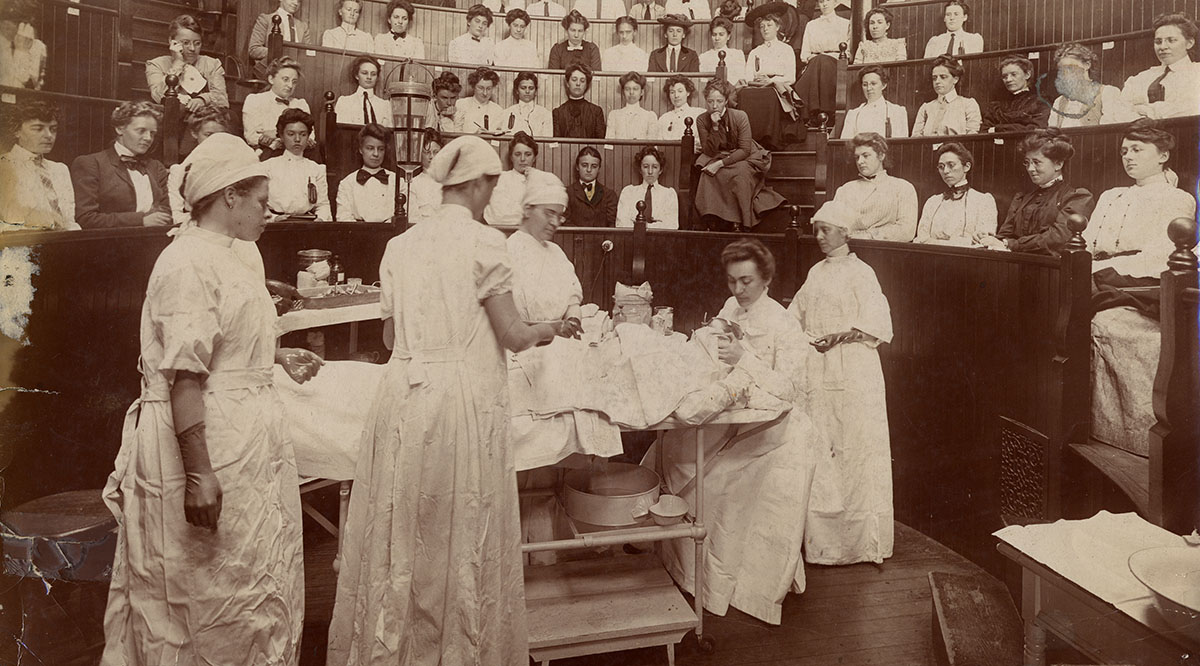
FAQ About Women in the History of Medicine
Women in the History of Medicine
2 years ago | gizem
Who was Margaret Sanger, and what was her role in reproductive health advocacy?
Margaret Sanger (born Margaret Louise Higgins, 1879–1966) was a prominent American birth control advocate, nurse, and sex educator. She played a pivotal role in reproductive health advocacy and the birth control movement in the United States. Sanger's work had a profound impact on women's reproductive rights and access to contraception. Here are some key aspects of her life and her role in reproductive health advocacy:
- Early Life and Nursing Career: Margaret Sanger was born in Corning, New York. She trained as a nurse and worked in various healthcare settings, which exposed her to the health consequences of unwanted pregnancies and unsafe abortions. These experiences influenced her advocacy for birth control.
- Founding of the Birth Control Movement: In 1916, Sanger opened the first birth control clinic in the United States in Brooklyn, New York. It was called the "Brownsville Women's Clinic." The clinic was raided, and Sanger was arrested, but this event marked the beginning of the birth control movement.
- Publication of "The Woman Rebel": Sanger published a feminist magazine called "The Woman Rebel," in which she openly advocated for contraception and women's reproductive rights. Her publication addressed topics that were considered taboo at the time.
- Founding of Planned Parenthood: Margaret Sanger was one of the founders of what would later become Planned Parenthood Federation of America. She envisioned an organization that would provide access to birth control information and services and promote women's reproductive health.
- Legal Battles and Activism: Throughout her life, Sanger faced legal challenges and imprisonment for her advocacy. However, she continued her activism, lobbying for changes in laws that prohibited the dissemination of birth control information.
- Development of Contraceptive Methods: Sanger worked with scientists and researchers to develop and promote contraceptive methods, including the diaphragm. She aimed to provide women with safe and effective birth control options.
- Global Advocacy: Sanger's advocacy extended beyond the United States. She became involved in international efforts to promote birth control and family planning as a means of improving maternal and child health.
- Legacy: Margaret Sanger's efforts contributed to significant changes in laws and attitudes toward birth control and reproductive rights. Her work laid the foundation for the broader reproductive health and family planning movements. Planned Parenthood, which she helped establish, continues to be a leading provider of reproductive healthcare services in the United States.
- Controversy: Sanger's views and associations have been a subject of controversy. Some critics have pointed to her involvement in the eugenics movement and her views on population control. These aspects of her legacy remain a topic of debate.
